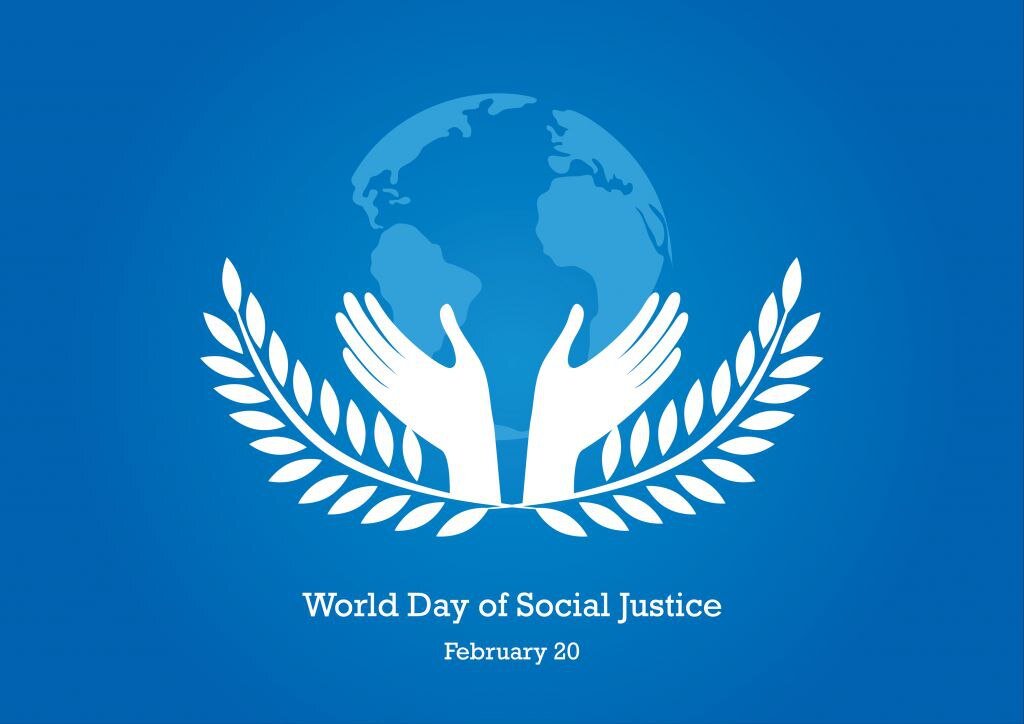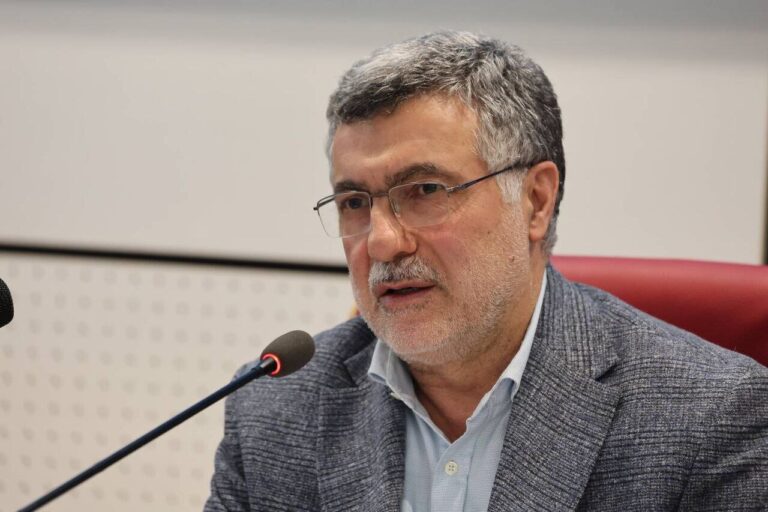Embracing Just Transition: Key Strategies for Global and National Policy Integration
Every year on February 20, the World Day of Social Justice is observed, emphasizing the critical need to incorporate social justice into global initiatives aimed at addressing inequities and fostering sustainable development. This year’s theme is “strengthening a just transition for a sustainable future,” focusing on ensuring that the shift towards low-carbon economies benefits everyone, particularly the most vulnerable populations.
Established by the United Nations (UN) in 2007, this day advocates for equal access to essential services such as education, employment, and healthcare, irrespective of an individual’s race, religion, sexuality, gender, or socioeconomic status. The UN emphasizes that achieving social justice requires a comprehensive approach that intertwines environmental sustainability with social equity.
To elucidate the significance of this day, let’s delve into the key principles and actions that can help achieve social justice while transitioning to a sustainable economy:
- Holistic Approach: A concerted effort is needed to merge environmental sustainability with social justice, ensuring that all communities, especially marginalized ones, receive necessary support.
- Support for Vulnerable Groups: Initiatives should focus on retraining workers, creating job opportunities, and implementing robust social protection measures.
- Decarbonization and Economic Transformation: These two processes must occur simultaneously, with policies aimed at alleviating poverty and reducing inequality.
- Just Transition Principles: Integrating these principles into national and global policies is essential for crafting sustainable development agendas.
- Equitable Cost Sharing: Policymakers should ensure that the financial burdens of transition are shared fairly among all stakeholders.
The concept of a “just transition” is pivotal in this context. It emphasizes that while we strive to decarbonize our economies, we must also ensure that we are redistributing opportunities and resources to create a more equitable society. This vision is particularly relevant in light of discussions from significant events, such as the Second World Summit for Social Development (WSSD2), where the integration of social justice into sustainable development was a focal point.
For instance, to mitigate the impacts of declining fossil fuel industries, targeted initiatives such as green skills training and community-led economic diversification can play a vital role. These strategies not only aim to prevent long-term unemployment but also strive to reduce social inequality by redirecting investments into emerging green sectors.
Ultimately, the essence of strengthening a just transition lies in reimagining our economic and environmental frameworks. It’s essential to prioritize people alongside the planet, ensuring that the transition towards sustainability is inclusive and beneficial for all. This approach is a clarion call to shift our focus from mere decarbonization to creating equitable opportunities and resources that allow sustainable growth to benefit every member of society.
Through collective action and the implementation of inclusive policies, we can pave the way for a future where environmental integrity and social equity coexist harmoniously. This synergy will form the cornerstone of a genuinely sustainable global economy, allowing us to address the challenges of today while securing a better tomorrow for future generations.
As we recognize the World Day of Social Justice, let us commit ourselves to fostering an environment where everyone has equal access to opportunities, and where the transition to a sustainable future is just and equitable for all.






